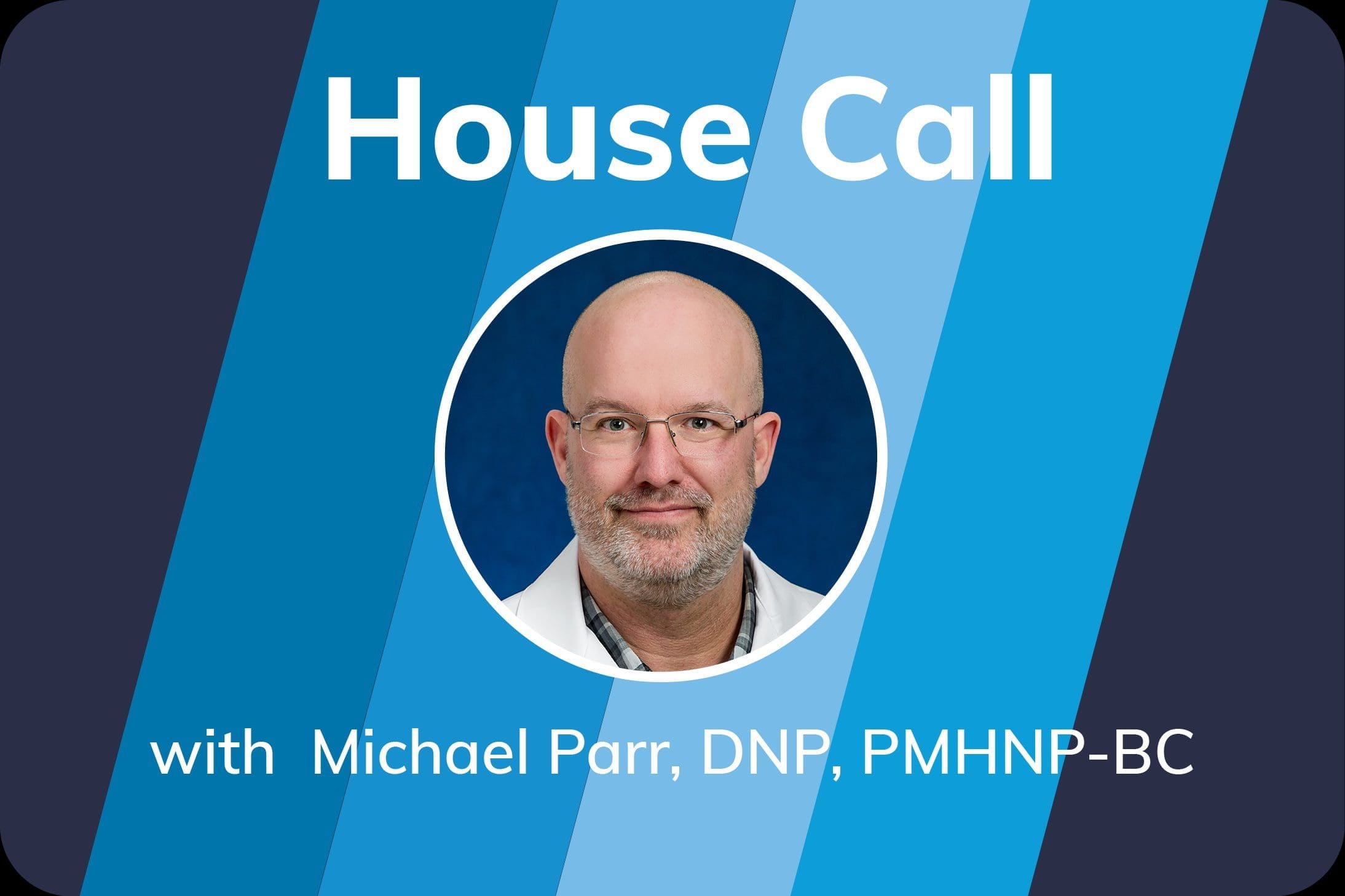By: Michael Parr, DNP, PMHNP-BC, Behavioral Health
In our fast-paced and demanding world, maintaining good mental health is crucial for our overall wellbeing and quality of life. Just as we prioritize our physical health, it is equally important to recognize the significance of attending to our mental health.
You might be surprised to learn anxiety and depression are normal as we progress through life. Anxiety can help us fulfill obligations, meet deadlines or prioritize tasks. It’s also common to feel down after we lose something important, or if something didn’t go as planned — this feeling can help us reflect more deeply about what we can improve or how we manage change. However, these emotions might intensify and become overwhelming, impacting relationships, work or school, or our loved ones. If you’re living with unmanageable symptoms or experiencing common signs of mental illness, please seek professional help. Individualized treatment and supportive care can improve outcomes and help you on your journey to recovery and wellness.
It’s Okay to Ask for Help
There’s been a longtime stigma around mental health. But the truth is that taking care of our mental health is not a sign of weakness but rather an act of self-care and strength. We all have coping strategies to deal with fluctuations in our emotions. Sometimes these strategies don’t work, and we need additional help. Just as we consult a doctor for physical ailments, it is crucial to seek professional assistance when facing mental health conditions that impact our quality of life.
Overcoming the First Step
Finding the courage to admit we need help is often the most difficult step. We worry someone might learn we’re seeing a therapist or see the medication bottle. Try replacing those thoughts with a new perspective: By seeking professional support, we’re putting our health first and striving to be the best version of ourselves. We must take care of ourselves so we can care for those we love.
What to Expect
After you’ve made an appointment, you can expect to fill out simple forms. At the office, you may undergo basic vitals testing, like blood pressure and pulse checks. Once you’re with the provider, you’ll have a chance to share your history and current situation in a warm, judgement-free space. It’s important providers get the entire picture to create a treatment plan that’s best for you. Your plan may include things like therapy, medication or support groups. Your provider will direct you on how often you should schedule appointments and provide resources to help you manage your symptoms and gain coping skills.
Mental Health Care is for Everyone
If you or someone you know needs help, you are not alone. Help is available for people of all ages, and it’s only a phone call or appointment away. Mental health conditions can lead to feelings of isolation and hopelessness. These feelings can become debilitating and have a domino effect in other areas of your life. The sooner you seek support, the sooner you can work on your treatment and recovery. If you’re a mental health advocate, please encourage your friends, family and colleagues to reach out for support when theary need it.
If ever you or anyone you know is having a mental health crisis or in danger of hurting themselves or others, please call 911. You can also call the New Mexico Crisis and Access Line, which is available 24/7 to support individuals and families experiencing emotional crisis, mental health or substance abuse concerns: 855.662.7474
Learn More About Behavioral Health Services Request an Appointment



